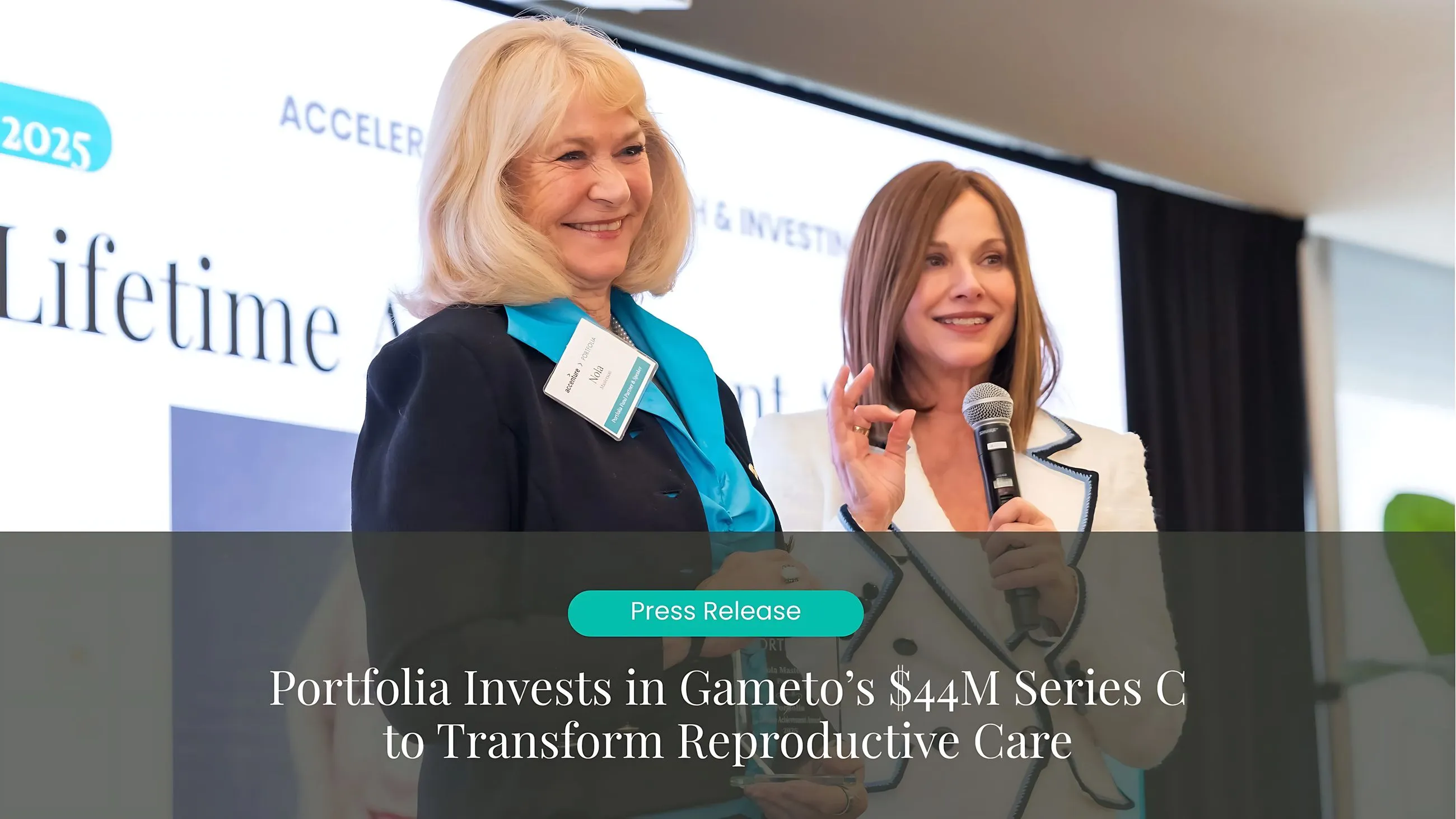In The News
For press inquiries and speaking opportunities involving Portfolia CEO Trish Costello or Portfolia Lead Partners (including podcasts), please contact info@portfolia.com.
Listen to podcasts featuring Portfolia below
Message us at investorrelations@portfolia.com to add your podcast to the line-up
- Decoding Healthcare Innovation Podcast - hosted by Portfolia member Carrie Nixon, Nixon Gwilt Law - Investing in Women Founders with Portfolia CEO Trish Costello - listen here
- Rocket Your Dollar Podcast by RocketDollar: Building a New Culture in Venture Capital with Trish Costello - listen here
- Meant for It Podcast: Trish Costello, Founder and CEO of Portfolia, Pioneer in Venture Education and Funding - listen here



